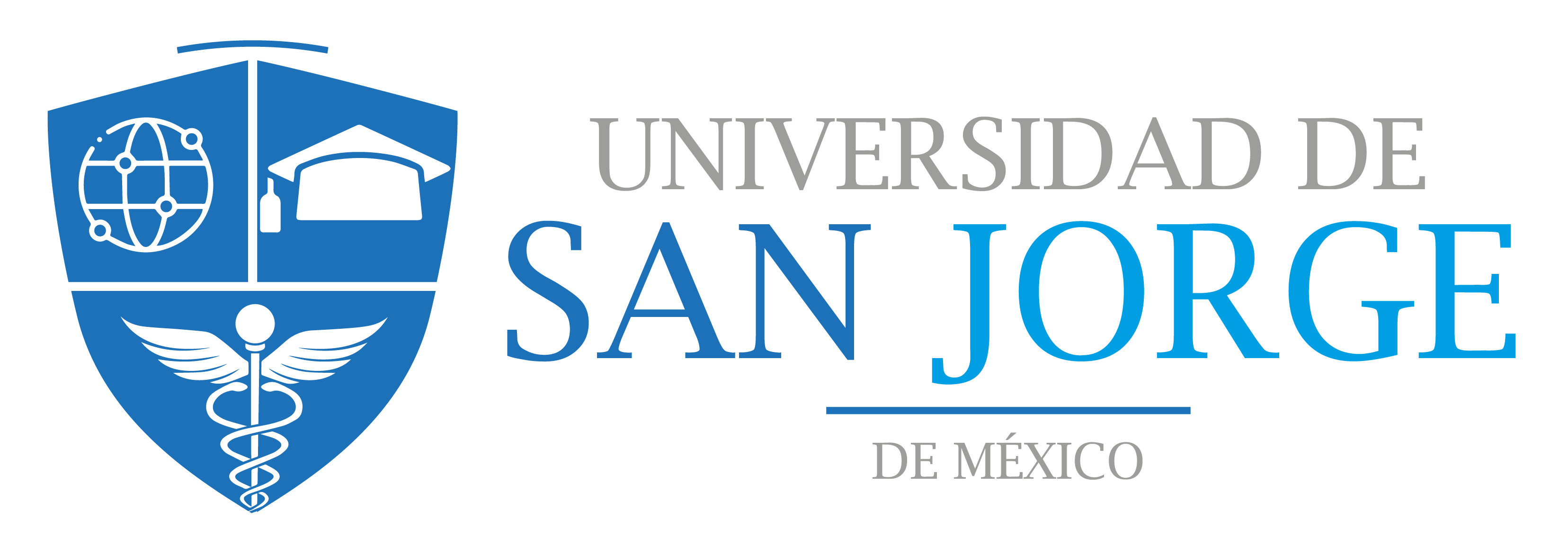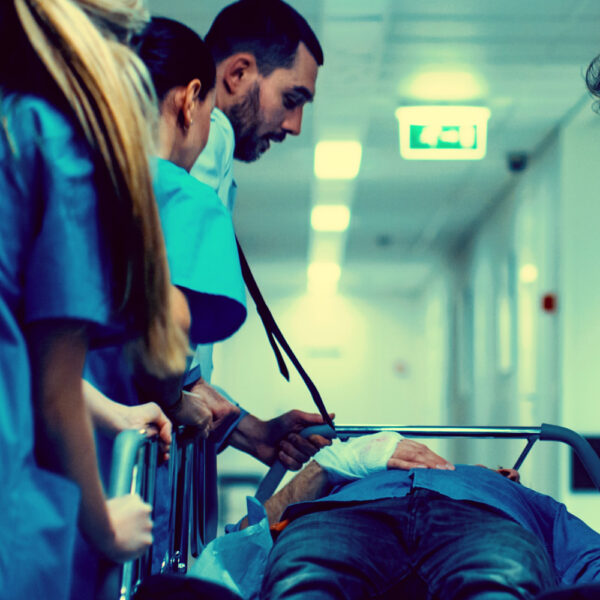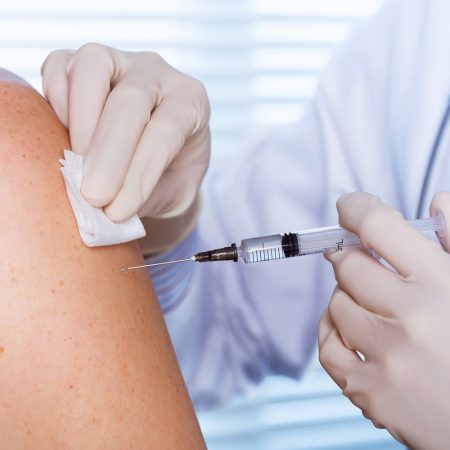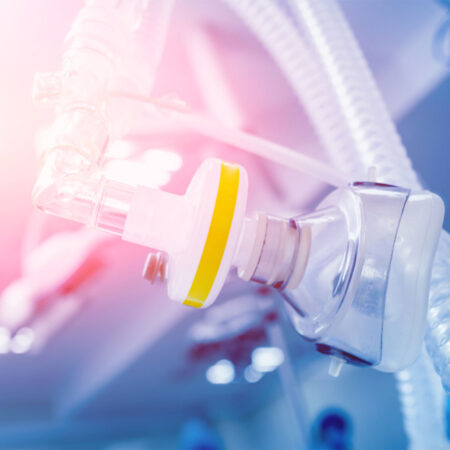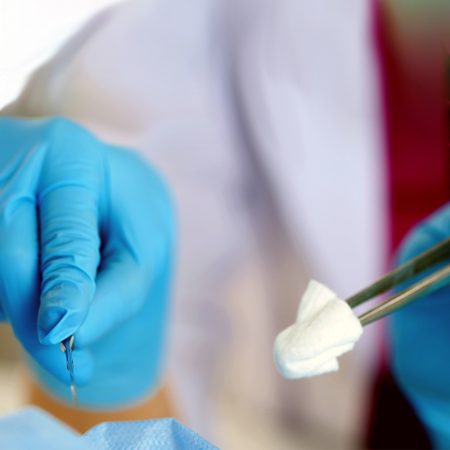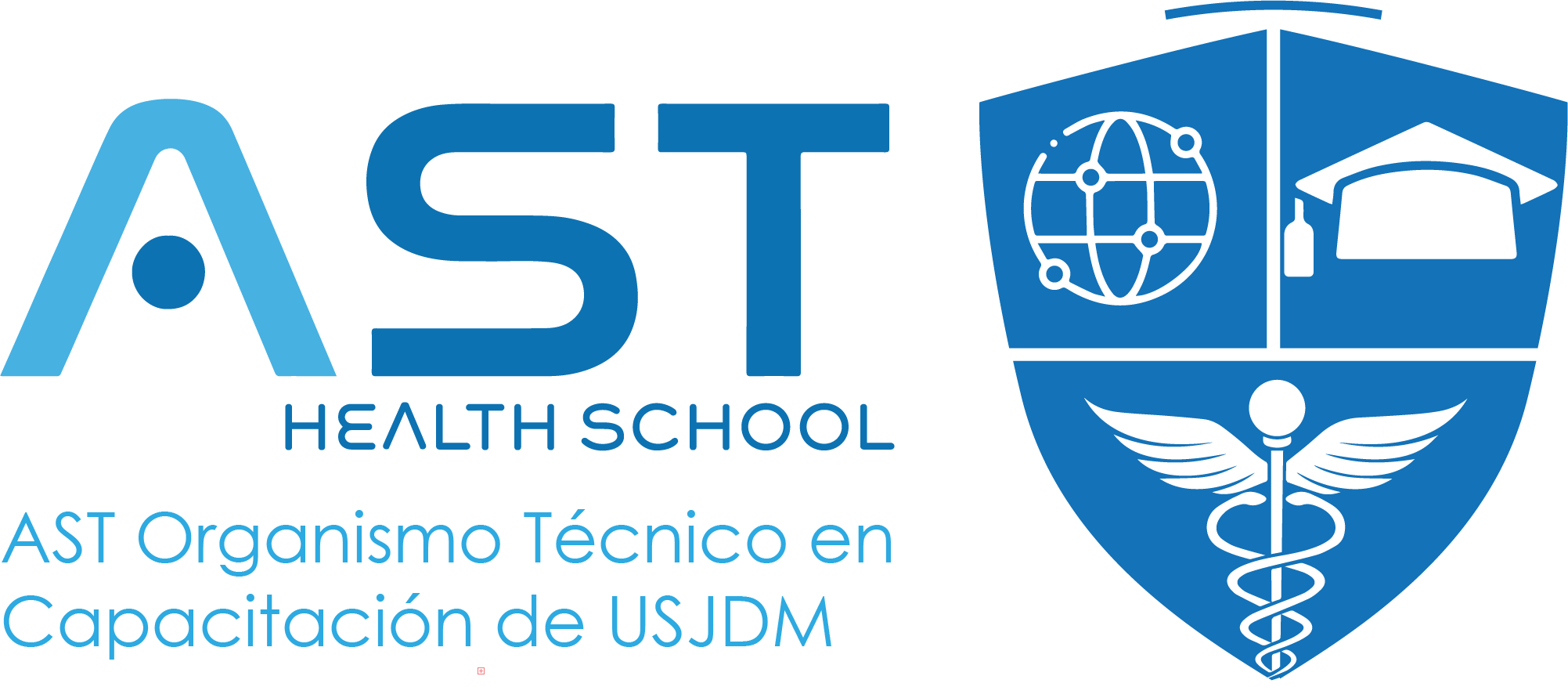Description
General Objective
To provide the necessary contents for high-level specialized training in health care in emergency situations, in order to improve specific competencies in the professional or disciplinary field.
Addressed to:
Health professionals working or planning their careers in emergency services, both public and private. Nurses, Kinesiologists, Midwives and Nursing Technicians who work in Emergency Care units, in order to provide updated knowledge and the necessary tools based on the latest updates of the World Health Organization (WHO), American Heart Association (AHA), Emergency Care, Safety International ECSI and Protocols of the Ministry of Health MINSAL among others.
Content
Module I: DEFINITION OF EMERGENCY AND URGENCY CARE
Principles of urgency and emergencies
Multidisciplinary team in the hospital emergency unit (UEH).
Emergency communication system
Urgent and emergency care network system.
Module II: CATEGORIZATION OF PATIENTS IN EMERGENCIES ESI
History of Triage
Triage Models
Introduction to Emergency Severity Index (ESI)
ESI 1
ESI 2
ESI 3 to 5
ESI in Pediatrics
ESI Clinical Cases
Module III: METABOLIC AND GASTROINTESTINAL EMERGENCIES
Anatomy and Physiology of the Metabolic System
Disorders of the metabolic system
Diagnostic methods
Evaluation and management of metabolic disorders
Anatomy and physiology of the endocrine system
Disorders of the endocrine system
Diagnostic Methods
Evaluation and Management of Endocrine System Disorders
Anatomy and physiology of the gastroenterological system
Disorders of the gastroenterological system
Methods of diagnosis of gastroenterological disorders
Evaluation and management of gastroenterological disorders
Module IV: ADVANCED AIRWAY MANAGEMENT
Airway Anatomy and Physiology
Permeabilization of the airway
Technique of suctioning secretions with pump.
Technique of oropharyngeal cannula placement.
Supraglottic airway management devices.
Intubation instruments.
Rapid Intubation Sequence.
Oxygen therapy systems
Module V: ADVANCED CARDIOVASCULAR LIFE SUPPORT ACLS
Evaluation of ACLS
Dynamics of an Effective Resuscitation Team
Advanced Management of Respiratory Arrest and Cardiorespiratory Arrest
Ventricular Fibrillation VF, Pulseless Ventricular Tachycardia PSVT, Pulseless Electrical Activity AESP and Asystole
Acute Coronary Syndrome and Acute Myocardial Infarction AMI.
Bradycardia
Stable Tachycardia - Unstable Tachycardia
Stroke Stroke.
Module VI: EMERGENCY INTOXICATIONS
General intoxications
Medication, drug and alcohol intoxications
Poisoning by environmental substances (industrial and household)
Antidotes
Evaluation and management of poisoning
Module VII: EMERGENCY PATIENT TRANSFER
Types of medical transport, mobilization and immobilization of patients.
Ambulance equipment. Team members.
Physiology of the patient in land transport.
Recommendations during patient transfer.
Module VIII: RESPIRATORY EMERGENCIES
Anatomy and Physiology of the Respiratory System
Common adult respiratory pathologies
Common pediatric respiratory pathologies
Diagnostic methods
Emergency management of respiratory infections
Module IX: EMERGENCIES AND TRAUMATIC EMERGENCIES
Trauma kinematics.
Primary and secondary evaluation.
Cranial encephalon trauma.
Vertebral trauma and spinal cord injury.
Thoracic trauma.
Abdominal trauma - Pregnancy
Trauma of the locomotor system.
Trauma in extreme ages
Module X: ECG ELECTROCARDIOGRAMME IN EMERGENCIES
Cardiac Electrocardiography
Electrophysiological Properties of Myocardial Cells
Myocardial Action Potential
Electrocardiogram
ECG reading
Supraventricular arrhythmias
Management of supraventricular arrhythmias
Ventricular arrhythmias
Management of ventricular arrhythmias
Electrocardiographic features in ischemic cardiopathy
Management of acute coronary syndrome
Cardiorespiratory arrest
Module XI: ADVANCED LIFE SUPPORT IN PEDIATRY PALS
Chain of Survival and Emergency System in Pediatrics
Pediatric Assessment Triangle
Primary and Secondary Evaluation in Pediatrics
Cardiac rhythm disturbances: recognition and management.
Cardiac arrest in pediatrics: recognition and management.
Post-resuscitation management in children.
Pharmacology in Pediatric Emergencies.
Module XII: SHOCK IN EMERGENCIES
Pathophysiological processes of shock
Hypovolemic Shock
Cardiogenic Shock
Distributive shock
Obstructive shock
Complications of shock
Module XIII: TRAUMATISMS BY PHYSICAL AND ENVIRONMENTAL AGENTS
Burns.
Electrocution.
Pathology related to cold and heat.
Asphyxia
Disbarisms.
Module XIV: SEXUAL ABUSE AND SEXUAL OFFENSES
Conceptual aspects of abuse and sexual offenses
Legal Aspects
Child sexual abuse
Indicators of child sexual abuse
Module XV: ABUSE CARE AND CHAIN OF CARE
Reception and first response
Clinical forensic examination and sample collection
Prophylaxis, emergency contraception and referral
Chain of custody
Additional information
| Country | Chile |
|---|---|
| Duration | 220 hrs |
| Certification | AST |
| Ranking | Adult, Specialties, Inpatient, Critically ill, Pediatric, Specialty |
